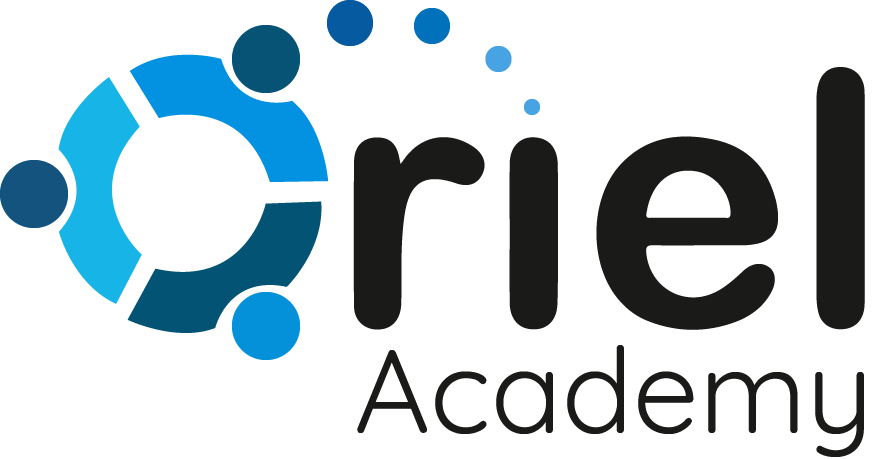Building a Strong Team Culture Through Soft Skills Training
Let’s face it—no matter how talented your team is on paper, if people don’t get along or can’t communicate effectively, things can go downhill fast. That’s where soft skills come into the picture.
Soft skills training might sound like a buzzword, but they’re actually the secret sauce behind a healthy, productive, and happy team. We’re talking about things like business communication, empathy, emotional intelligence, adaptability, and problem-solving. These aren’t just “nice to have” skills—they’re essential for building a strong team culture.
So how exactly does soft skills training help? Let’s get to know more









